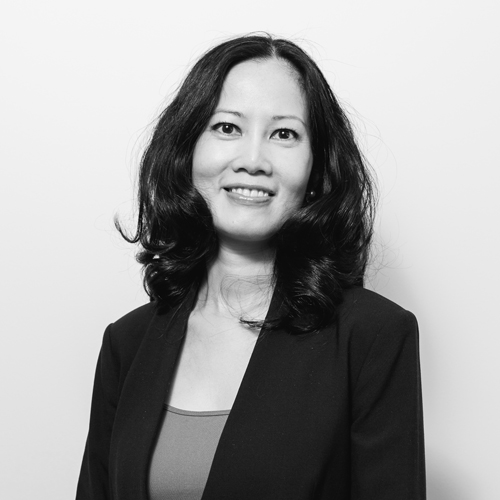Modern Counsel: How would you describe Lenovo’s patent strategy?
Ira Blumberg: In the short run, purchasing patents fills holes in the portfolio, which I found to be a bit smaller and older than I expected when I joined Lenovo. In the long run, we still plan to focus on our own innovations and patent filings, but acquiring existing portfolios gives us more immediate protection, opportunity for potential revenue streams, and better strategic positioning in a highly competitive market.
MC: Are there risks associated with that strategy?
IB: Filing is always a bit of a gamble since you never know if a new patent will be something that is ultimately used by other companies and therefore has real value. In the high-tech industry, conventional wisdom says only 5 percent of filed patents turn out to be useful. So, we decided to shop for lottery tickets that were already winners. For the short term, that’s more effective than trying to predict the future.
MC: How did you create that plan?
IB: Aside from developing strategies for monetization, I wanted to be sure we were protected from other companies and any claims they might make. In other words, if we have patents that cover only our own products, we have no leverage. But if we have assets that cover competitors’ products, I can negotiate cross-licensing agreements or work out trades so we don’t fall victim to another large company’s portfolio. It’s somewhat of a defensive position, but it protects us.
MC: What steps did you take to make the strategy a reality?
IB: Lenovo had announced its intent to expand from computers into tablets, phones, and servers. That gave me the opportunity to go to management with an approach that would help support just such an expansion. Getting positioned as a reputable patent purchasing entity was a little tricky, at first. But after we announced our first big purchase with Unwired Planet, which generated a lot of publicity, we were flooded with offerings of additional
beneficial opportunities.
MC: This strategy involved a huge investment. How did you foster senior-level support?
IB: I showed them how having patents would positively impact business and help our expansion into mobile devices. Being able to lower royalty payments, which can run as high as 25 percent, or eliminating them through cross-licensing, also provided a clear economic incentive. So they took a pragmatic and unemotional approach and made it happen within nine months of my joining the company.
MC: Did you have to make any concessions?
IB: No. I made commitments, not concessions. I had staked my argument to an economic analysis, which included added expenses and substantial investments. I showed how those actions would ultimately result in reducing our overall economic burdens, so I knew I’d be measured down the road on whether my analysis and forecasts were accurate.
MC: Did you partner with other business functions to help bolster support for the strategy?
IB: I had a business analyst who helped with market research and detailed statistics as part of the presentation. In addition, I had two patent specialists who assessed what specific assets our competitors’ portfolios contained that could impact our business. I also worked with Jay Clemens, our GC, who had a lot of experience with senior management and provided advice on which details and arguments would be most effective in making my case.
MC: What are Lenovo’s plans for continued growth in the smartphone market?
IB: The Motorola acquisition plays a very distinct role because of the associated patents and our gaining a significant portion of their legal department. That brings added experience, focus, and a budget dedicated to generating patents in the mobile space. As we continue to look for other beneficial portfolios, they also give us added capacity and expertise for handling more of the initial diligence work in-house, which will reduce the time and expenses related to potential purchases.
MC: Where do you see Lenovo in five to 10 years? What kind of IP strategy and protections will be necessary to get there?
IB: It will be a continuation of what we’re doing now, including ongoing research into companies that are aggressive with their patents and can impact us. We’ll refine our strategy in response, which will guide our future portfolio purchases and patent filings. I expect we will also develop a framework for collecting our own royalties and other monetizing activities. But overall, our primary focus will stay on ensuring that nothing interferes with our ongoing product expansion and sales worldwide.

